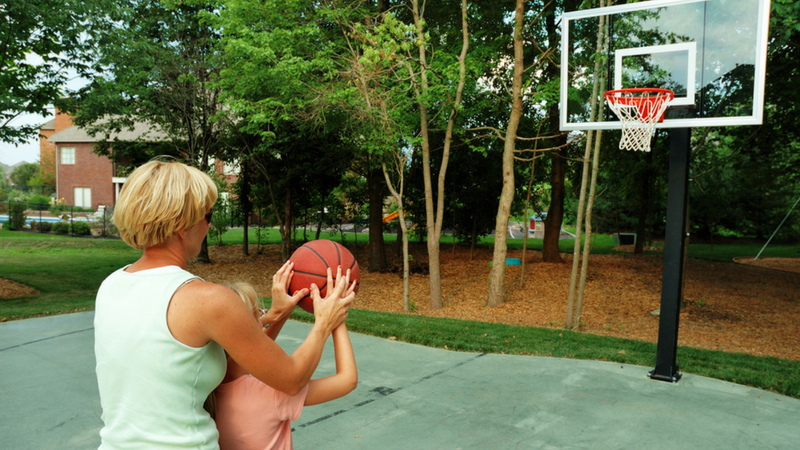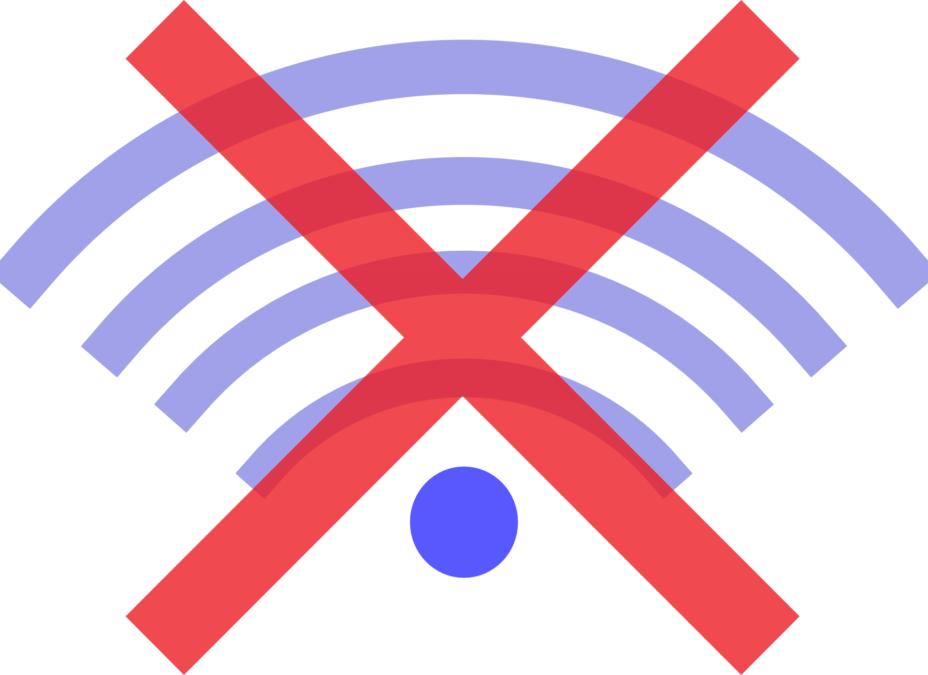A couple of months ago I received a call from Pat, whose 88 year- old widowed father lives alone locally since the recent death of his wife of 50 yrs. Pat lives in Connecticut, is employed full-time and has responsibilities with her husband and two teenaged children. She is an only child and, although she loves her father dearly, told me that it’s very difficult for her to come to Ft. Worth more than once or twice a year. She’s tried to convince her father to move to Connecticut to be closer to her, but Jack is a “dyed in the wool” Texan and refuses to move. What precipitated Pat’s call to me was a phone call from Jack’s longtime friend and neighbor, Helen, who told Pat that she’s been very concerned about Jack. Helen said he’d been keeping to himself lately, which wasn’t at all like him, and some days he didn’t even bring the mail into the house. She added that when she did see him, he seemed to be having difficulty walking and appeared to have lost weight. Jack used to take great pride in keeping the lawn looking nice, but now the grass must be a foot tall. Helen’s final concern was when she noticed a broken headlight and damage to the front of Jack’s car as well as multiple dents in the rear bumper. Jack had always been such a good driver, according to Helen. A friend told Pat she needed a Geriatric Care Manager, so she researched on the internet and found me. More later about Jack…………
Since May is National Geriatric Care Manager Month, I thought it would be a good time to talk about just what a Geriatric Care Manager is, some examples of what they do and a few of the benefits of utilizing a “GCM”. Geriatric Care Management as a profession is a holistic, client- centered approach to caring for older adults or others facing ongoing health challenges. While working with families, the GCM can often provide answers at a time of uncertainty or even crisis. The GCM’s goal is to assist his/her clients in attaining their maximum functional potential. The individual’s independence is encouraged, while safety and security concerns are also addressed.
A GCM is a health and human services specialist who acts as a guide and advocate for families who are caring for older relatives or disabled adults. A GCM is educated and experienced in any of several fields including: nursing, gerontology or social work, with a specialized focus on issues related to aging and eldercare. This is particularly important and relevant in light of the fact that the fastest growing segment of the population is over 80. It’s no secret that people are living much longer today. By the way, did you know that the average older adult takes more than five prescriptions and supplements (more than 7 in the nursing home)? We call this polypharmacy. It’s very possible that these medications are being prescribed by more than one doctor since the average older adult sees 11 different physicians in one year. It’s no wonder that 15% of hospital admits are the result of adverse drug reactions.
In attempting to care for older adult relatives, I often find that families are faced with questions like, “Do I have the time, inclination or skills to manage my relative’s care?” “Are these problems too big or too complex?’ “Are other demands and responsibilities too great for me to take this on?” Many live a good distance away, making it even more challenging. As Pat discovered, help was just a few clicks away as she found me, a certified GCM, on the web site for the National Association of Professional Geriatric Care Managers (NAPGCM). http://memberfinder.caremanager.org/
Some of the functions of a GCM include:
- Conducting care planning assessments
- Screening, arranging, and monitoring in home help
- Buffering, counseling, and support
- Providing consumer education and advocacy
- Assisting with moving older adults to or from retirement home, care home or nursing home
- Aiding in the creation of advanced directives
- Connecting to community resources
- Coordinating and accompanying to physician appointments
Now more about Jack…
After a thorough in-home assessment, I found several areas of Jack’s life which needed addressing. He seemed to be quite depressed and had lost 20 lbs. I also discovered that Jack was taking duplicate medications for the same conditions, which were causing the side effect of drowsiness and unsteady walking. With Jack’s permission, I became involved with his doctors who were able to eliminate the duplicate medications and start him on an anti-depressant. Jack began receiving the assistance of a caregiver through an in-home care agency. This individual not only provided companionship for Jack, but helped him to enjoy delicious homemade meals, took him to the local Senior Center for activities, did light housekeeping and laundry. I also found a landscaping service to maintain the lawn. Jack was insistent upon driving, so Jack’s doctor made a referral to DriveAble (www.driveable.com), which is a computer based test to assess cognitive abilities needed for driving. The scores convinced Jack to stop driving and allow the caregiver to drive him to events, errands, etc. I continue to make bi-weekly visits, oversee/manage Jack’s care, and keep Pat informed of her father’s status. Now she has peace of mind knowing that her father is taken care of and there is someone to watch over him.












